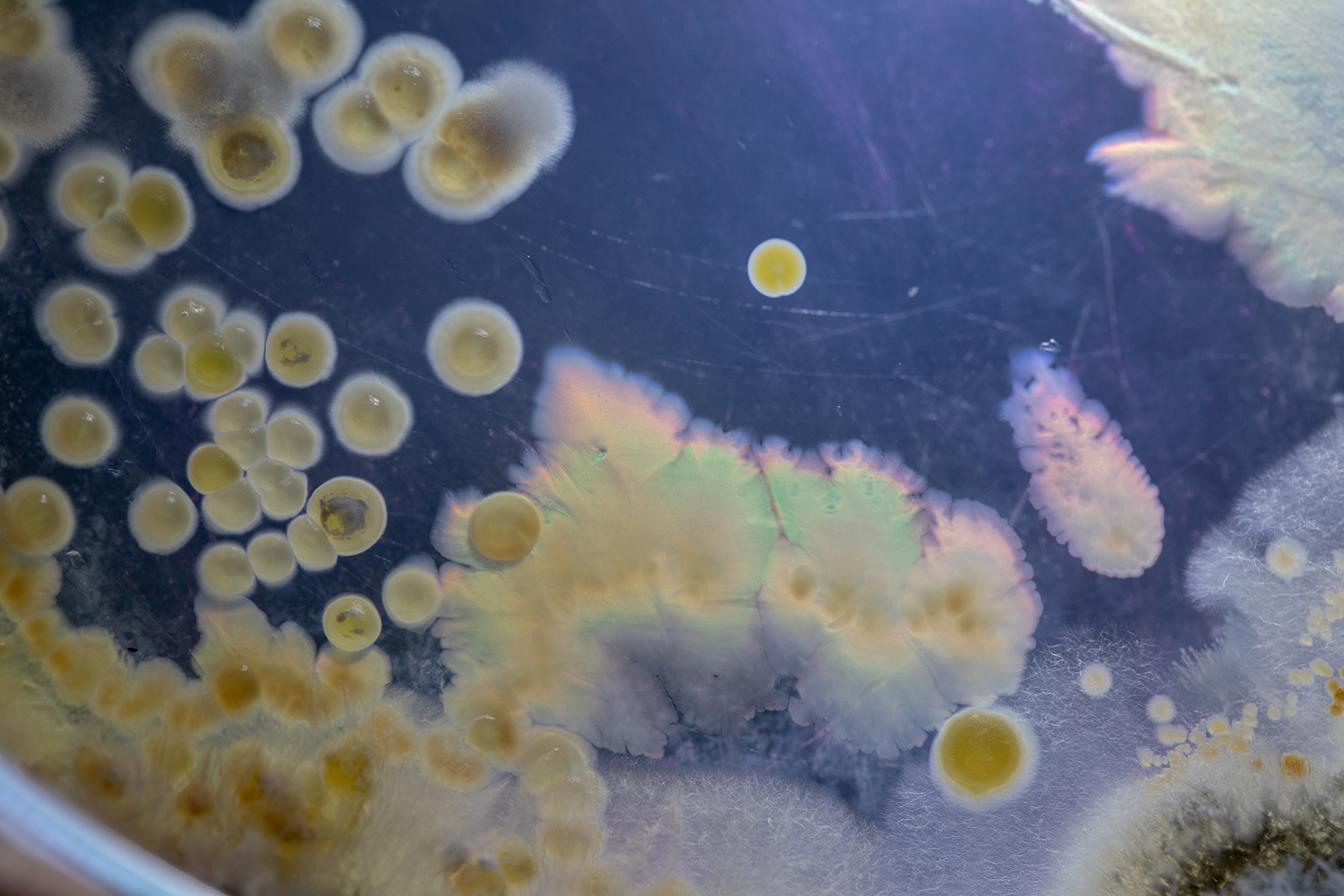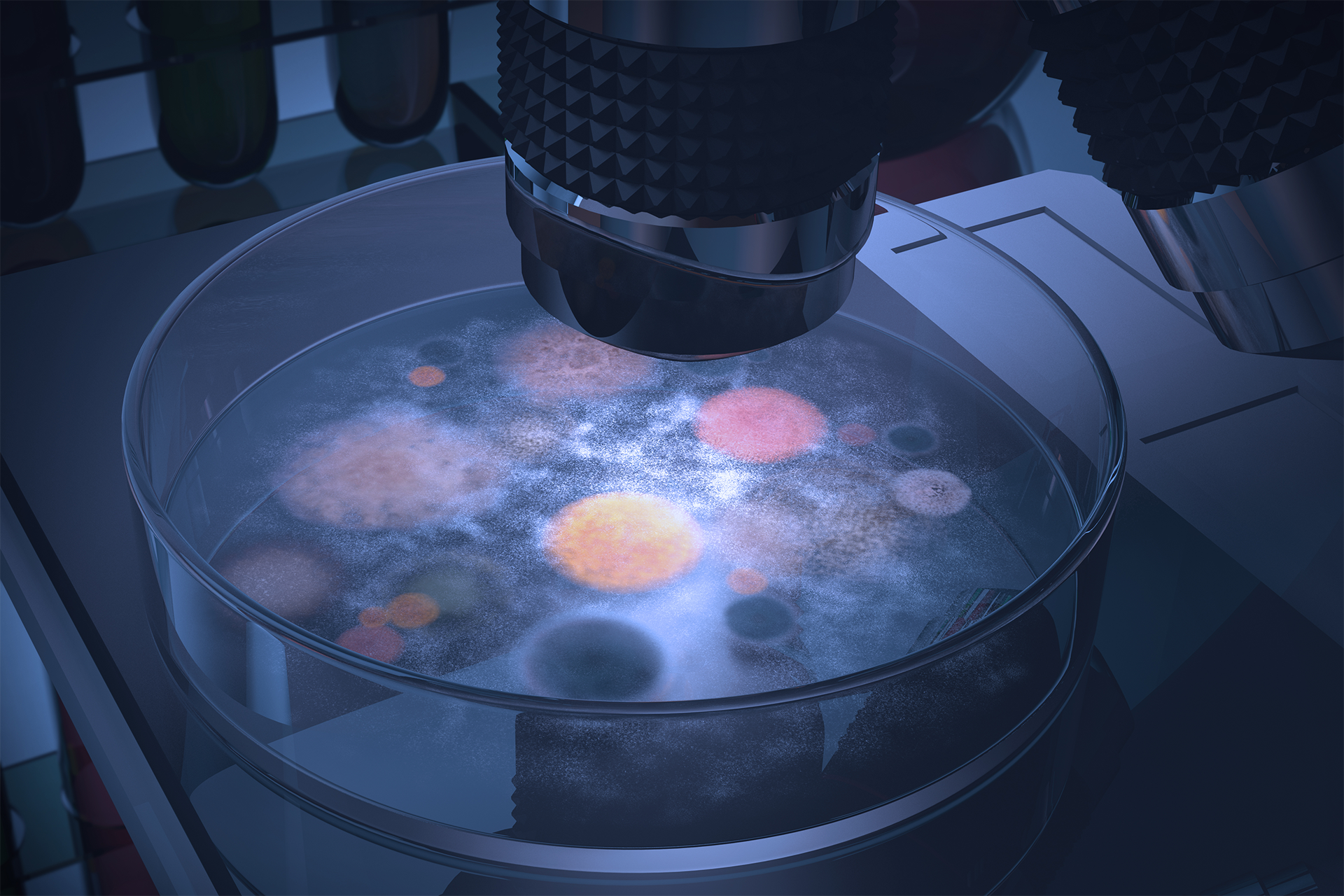Integrative Microbial Ecology

Our research is founded on the double recognition that most microbes evolved and currently exist in interaction with each other and that interactions exist at different levels of biological organization (from genes to ecosystems). We argue that studying these processes in an integrated fashion is important to ultimately be able to stir microbes so that they durably deliver services or do not pose threats to human, animal, or planetary health.
One current focus of the group is the antimicrobial resistance crisis and, specifically, the role that conjugal plasmids play in accelerating the dissemination of the most clinically relevant sets of resistance genes. An integrative ecology approach is necessary to understand how plasmid carriage affects microbial fitness, how chemical and other environmental cues modulate gene transfer, and how plasmid -specific bacteriophages can decrease the fitness of plasmid-bearing bacteria. Such knowledge can then be leveraged to minimize resistance plasmid dissemination either by controlling environmental parameters, or by adding specific predators (bacteriophages).
The ecology of nitrogen converting prokaryotes is another key topic in the group. Several guilds composed of diverse bacteria and/or archaea typically interact to drive nitrogen transformations that are essential to water treatment and water quality and to agriculture and plant nutrition. Questions remain on how to maintain their activity in face of environmental stressors and to favor one guild over another to maximize water quality or plant health.
We also study how growing microbes as consortia can improve microbial cultivability and stabilize cultures, in contrast with the traditional focus of microbiology and biotechnology on pure cultures.


